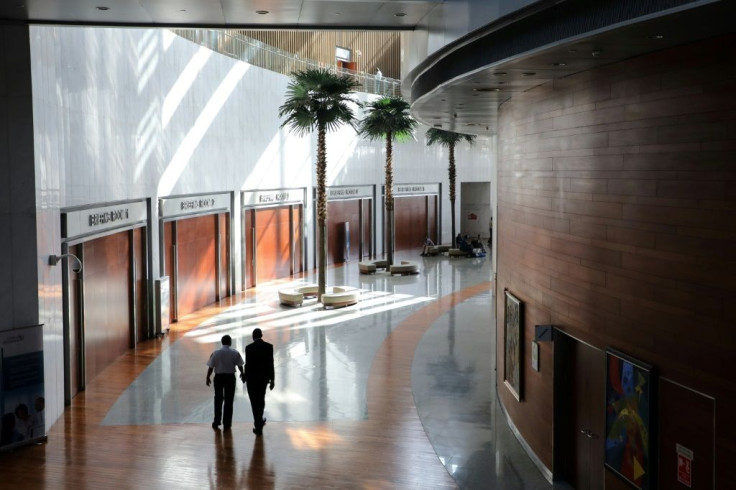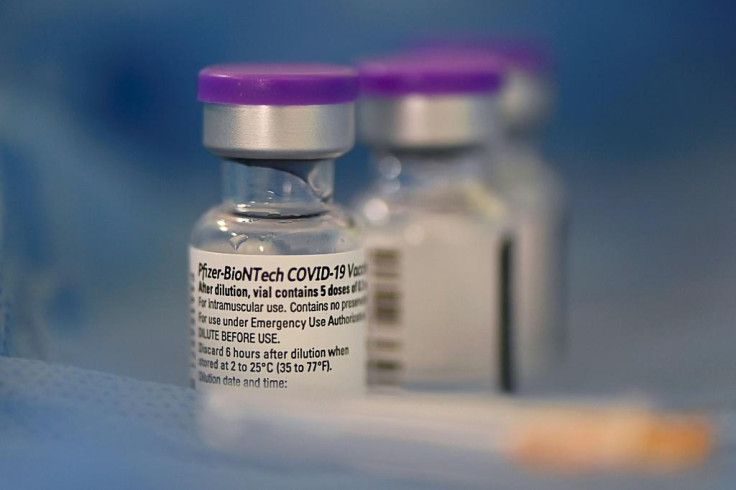BioNTech Agrees To Construct mRNA Vaccine Manufacturing For African Union

German biotechnology company BioNTech, the co-developer of the Pfizer vaccine, announced Tuesday that they plan to start construction on the first state-of-the-art manufacturing site for mRNA vaccines for the African Union by mid-2022.
The company announced that it has already completed construction plans and ordered assets, according to a press release.
After a meeting in August, BioNTech agreed to evaluate establishing sustainable vaccine manufacturing in Rwanda and Senegal. This vaccine manufacturing would benefit member states of the African Union and will manufacture 50 million doses of vaccine per year.
According to BioNTech, the company will initially staff and operate the facility and then transfer management to local partners.
There has been growing criticism of the western world’s response to the pandemic, vaccines, and boosters, leaving many countries without the necessary resources. Africa is the least vaccinated continent with just over 5% fully vaccinated, according to the World Health Organization.
“By working together, in the spirit of this meeting, the African Union, the European Union, key technology partners, and other stakeholders, can make decisive contributions and effective coordination in the fight against this pandemic, and future health challenges," said Dr. Monique Nsanzabaganwa, Deputy Chairperson of the African Union Commission.

This file photo taken on March 04, 2021 shows vials of the Pfizer-BioNTech vaccine against COVID-19 amid the coronavirus pandemic in Panama City Photo: AFP / Luis ACOSTA
It is expected that manufacturing vaccine manufacturing hubs in Africa will reduce African countries’ dependence on the international community. According to WHO, the continent relies on imports for 99% of vaccine needs.
“State-of-the-art facilities like this will be life-savers and game-changers for Africa and could lead to millions of cutting-edge vaccines being made for Africans, by Africans in Africa . . . This is also crucial for transferring knowledge and know-how, bringing in new jobs and skills, and ultimately strengthening Africa’s health security. WHO is ready to work with countries to step up their commitment to vaccine manufacturing,” said Dr. Matshidiso Moeti, WHO Organization Regional Director for Africa.
The news came after the biotech company’s announcement of its goal to develop a malaria vaccine and its partnership with a South African vaccine manufacturer Biovac.





















